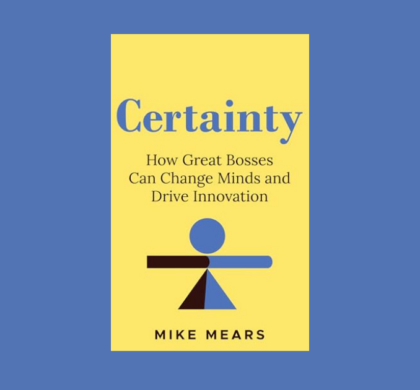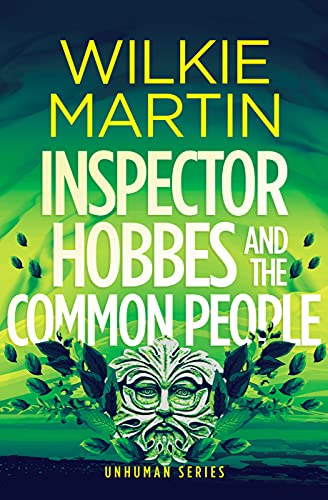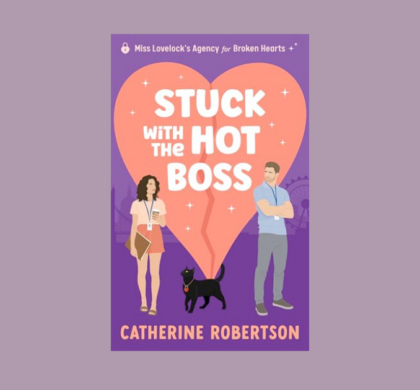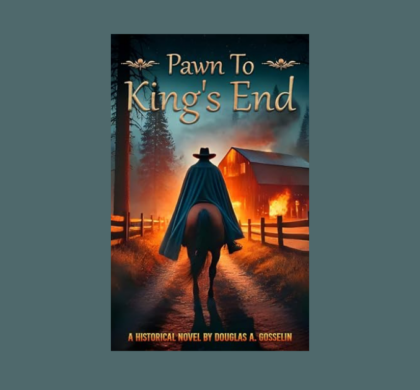Interview with Wilkie Martin, Author of Inspector Hobbes and the Common People (Unhuman Book 5)
17 Aug 2021
What’s the story behind the story? What inspired you to write The Unhuman Series?
The original idea came from a television program in which TV presenter Alan Titchmarsh, had himself made up to look like a Neanderthal. Dressed in modern clothes, he then walked around central London, barely receiving a second glance. It started me thinking: what if some ‘early’ or mythical humans still existed? Could they fit into modern society? Could they hide in plain sight? This led to Inspector Hobbes, who first appeared in a short story. I began to think the character might support a novel. Five novels into the series, I am now pondering a sixth.
If you woke up in the world of Inspector Hobbes and the Common People, what is the first thing you would do?
I think I would head round to Blackdog Street, where Hobbes lives, and hope to meet Mrs. Goodfellow, his housekeeper, and cadge an invitation to supper.
If you had to write a blurb for the last book you read, what would it say?
A man arrives in London and meets a woman. The trouble is that something has gone wrong with time during his train journey – Beth lives in the 1980s, while Tom is from a pandemic-stricken 2020. How did he get there? Can he persuade her that he is not mad? What is his mother’s secret? And is Tom’s father, who he has never met, involved?
An exciting and interesting time-slip novel that shows how much has changed in forty years.
(Running Behind Time by Jan Turk Petrie)
Where did you write Inspector Hobbes and the Common People?
Since I wrote most of this during the lockdown, it was mostly on my laptop in my office. When circumstances allow, however, I enjoy writing in different places. I particularly enjoyed writing a chapter of my first novel in a bar in Geneva, with a Leffe beer to hand.
Pretend you qualified for the Olympics this year. What sport would you compete in?
Archery. I lived in Nottingham until I was four and the legend of Robin Hood has stuck with me. One of my earliest memories is pestering my parents for a toy bow and arrow at Nottingham Goose Fair.
What’s the best advice you’ve ever received?
Don’t tread in that!
As regards writing, it was: “Get it writ, then get it write.” My first draft of a novel has never been good, but it’s something to work with, and it gets better (I hope) with each re-write. Another piece of good advice was to read it out loud – the ear often picks up errors that the eye misses.

Wilkie Martin is the author of the new book Inspector Hobbes and the Common People (Unhuman Book 5)
Connect with Wilkie Martin
Sign up for our email and we’ll send you the best new books in your favorite genres weekly.
Related
grant
Recommended Posts

Interview with Mike Mears, Author of Certainty: How Great Bosses Can Change Minds and Drive Innovation
08 Apr 2025 - Author Interviews, eBook, News


